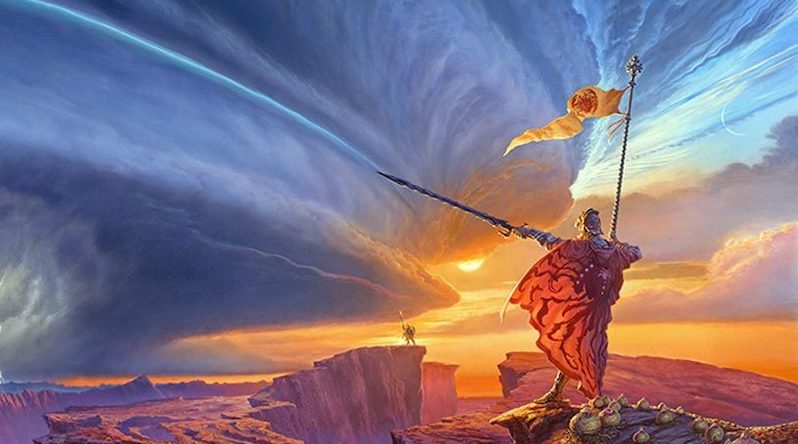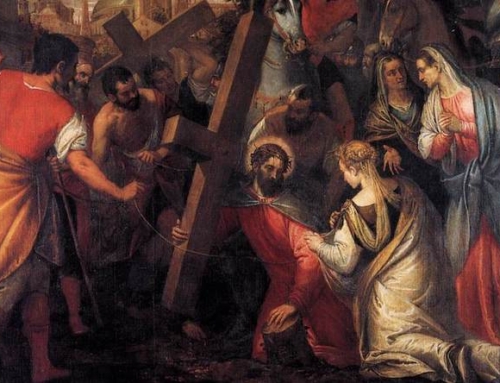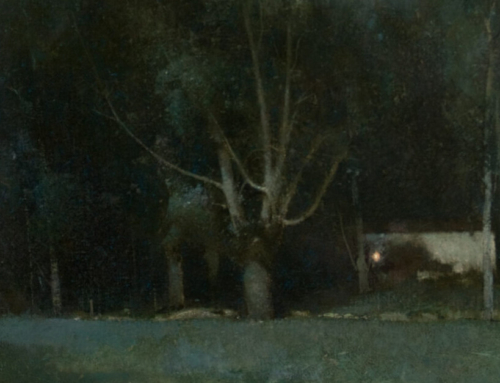2024 Summer Reading Recommendations:
The Way of Kings by Brandon Sanderson
At first glance, stories about magical rings, lightsabers, and made-up worlds have nothing to do with real life. And in one sense this is true—I will never hold a real lightsaber or need to fight a dark lord. But this is to miss something important about the nature of fantasy stories. Though they may use the means of imagined worlds and characters, fantasy stories can express fundamental truths about the human condition. Good stories teach us something true about human life. Great stories inspire us to grow and to live that truth.
The Way of Kings, by Brandon Sanderson, is most fundamentally a book about hope, freedom, and nobility. Set in the world of Roshar, the plot revolves around a war in a place called the Shattered Plains, where armies fight to avenge a murdered king. And though the armies fight in the name of their fallen king, ambition and corruption and prejudice abound. Battles are fought on great plateaus surrounded by deep chasms, which are only crossed through the use of portable bridges carried by slaves. These “bridgemen” must go in front of the army, exposed and unprotected, in order to give the soldiers a way across the chasms. Treated as disposable and worthless, the bridgemen live a hopeless existence with pain and death as the only certainty in their lives.
The Way of Kings focuses on the story of Kaladin Stormblessed, a man unjustly forced into slavery and made to carry one of these bridges. A surgeon by upbringing and a soldier by necessity, Kaladin is an immediately endearing character because of his goodness in spite of the cruel and unyielding world he inhabits. But, though Kaladin is a gifted leader and excellent fighter, he is haunted by his inability to save those whom he loves. Despair constantly threatens to overwhelm him. Despite all his efforts, everyone whom he tries to save is killed, often right before his eyes; and yet, Kaladin always survives. Grief, loss, and the inability to protect threaten to push Kaladin off the ledge. And this leads to one of the most powerful moments in the story—the night Kaladin gives up on life.
Standing above a great chasm—betrayed by those he thought honorable, broken by the violence and grief of war, and bearing the guilt of all whom he has lost—Kaladin wonders why he should not jump. As he stands over the abyss, totally bereft of hope, he sees nothing but darkness and despair. In this climactic moment, as he prepares to jump, a light breaks in, a friend reappears, and an act of love beseeches him not to give up: to try once more to save those who cannot protect themselves. This encounter highlights what I think to be one of the most impactful themes of the whole book: the power of choice.
On that ledge, Kaladin makes a new choice and resolves against despair. This choice sets the stage for his taking over his bridge crew, transforming them from ragged cannon-fodder into disciplined soldiers. Over the course of the book, Kaladin has to make many choices. There is always an easier path available to him—apathy and despair, leaving the wounded to die, or simply abandoning his men. Every time, though, Kaladin eventually overcomes himself and his brutal situation, choosing to do what is right. As characters often repeat: “Life before death. Strength before weakness. Journey before destination.”
But Kaladin Stormblessed is not a compelling character because his choices are made easily or even immediately. He fails, breaks, and even gives up at different times. And though he eventually protects his men and earns his freedom, Kaladin, as strong as he is, never does it on his own. And in a similar way, we are never without the help of God’s grace. Even in our world of trial and darkness, we can always choose the light. And we know that we have this freedom precisely because God is always with us in our decisions. We move with God, in God, and through God. He is the one who pulls us back from the abyss and lights the way before us.
✠
Image: The Way of Kings (Tor/Forge Blog)







